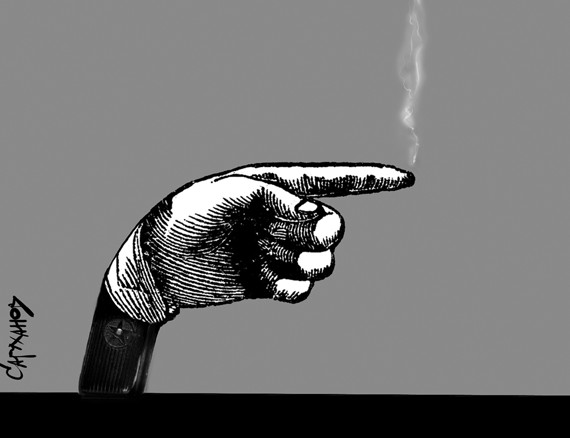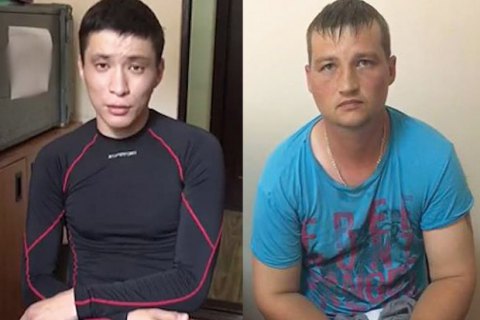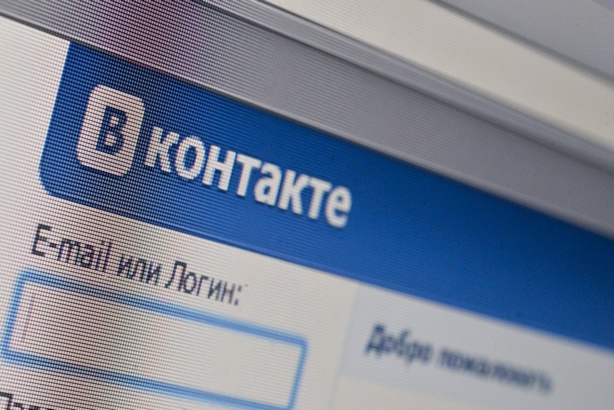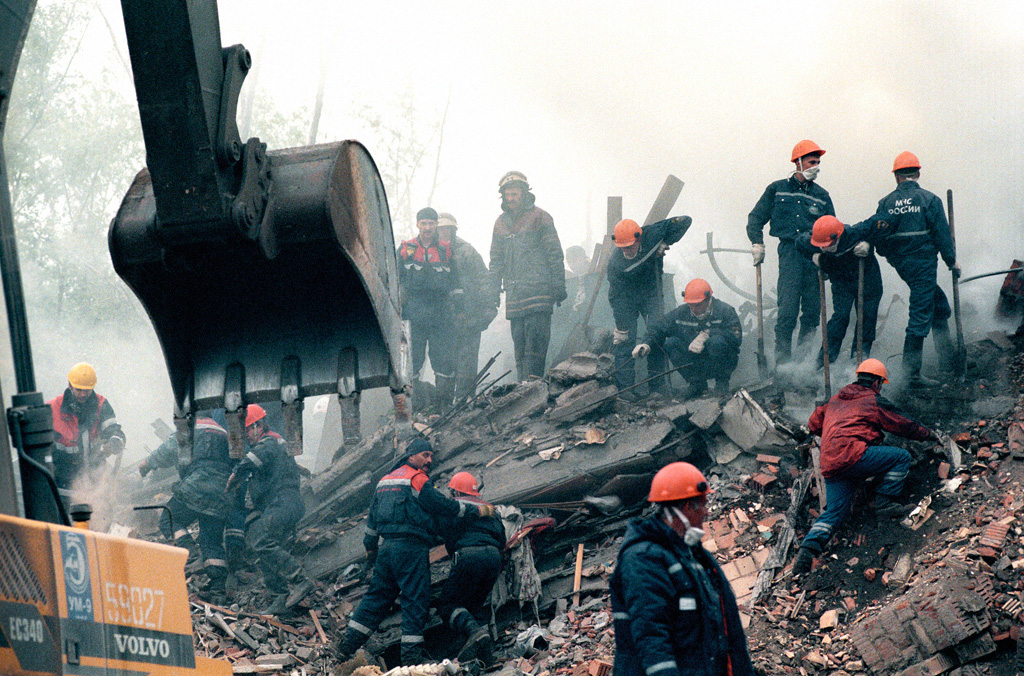The Putin regime has lost two things on which any state depends: a monopoly on the legitimate use of force on its own territory and a balance among its own force structures. And those twin losses help to explain why that country’s force structures may be emerging as the most powerful opponents of the incumbent Kremlin leader.
In “Novaya gazeta” today, Yuliya Latynina says that Moscow has lost the monopoly of the use of force and the closely related “the monopoly on punishment” as a result of what she describes as “the unification of Russia to Chechnya” as far as the country’s legal space is concerned rather than the other way around.
Ramzan Kadyrov, the head of Chechnya, has arrogated to himself the right to kill those he deems his enemies and to defend those who do so against charges brought by Moscow, she points out. As a result, she says, citing the words of journalist Kseniya Sobchak
, “the laws of the Russian Federation do not work on the territory of the Chechen Republic.”
That has become especially obvious in the wake of the Nemtsov murder, Latynina says, and it has infuriated many in Russia’s force structures who are appalled by “the loss of the Russian state of the monopoly on punishment,” something they not surprisingly believe must be theirs alone if the Moscow government is to survive.
The Moscow commentator points out that this is not a new concern but only an increasing one: “Two years ago,” she writes,” an entire section of the special services was ready to go into retirement” over Kadyrov’s apparent ability to do what he wants without regard to Russian law. “Only long conversations and serious arguments convinced them to stay.”
“The law of power is very simple,” she continues. “Power is the right to use force with impunity. Whoever is able to use force with impunity is therefore the ruler. The murder of Boris Nemtsov forces one to suspect that Putin is no longer the strongest man in Russia.” And that has the most serious consequences.
“The most striking thing” about all this is that those who have said that the murder of Nemtsov was committed in order to replace Putin are almost right. Only what they were about was not to replace him but to put him in the position of a dependent” which for someone who has had supreme power is a disaster.
Meanwhile, Alfred Kokh, a former vice prime minister of Russia, says that the other part of this equation – the balance among Russia’s force structures on which Putin has relied has been undermined if not completely destroyed as well.
The main challenge and thus “the chief headache of any tyrant is to maintain tight control over the siloviki, on which he depends in order to usurp power,” Kokh writes. If that balance is destroyed, then his regime and even his life are at risk.
Putin for his part has constantly played one part of the force structures against another by increasing their number and thus maintained “a balance among them and his own supremacy.” That represents a departure from the way Stalin managed this: the Soviet dictator unlike his Russian successor periodically purged the force structures to ensure their obedience.
Kokh says he has the sense that “the murder of Boris Nemtsov destroyed this rickety equality.” And as a result, two coalitions have emerged within the force structures. On the one hand are the Federal Protection Service
and the Kadyrov men “who carried out this operation,” and on the other are the FSB and the Interior Ministry who have evidence that they did.
Their evidence involves not just who pulled the trigger but who gave the orders, he writes. “And now the coalition of the Interior Ministry and the FSB in exchange for their silence are demanding a serious weakening of even the destruction of the structures which are part of the first coalition.”
In many ways, he suggests, this represents another round of the Chechen war, a conflict that “veterans on both sides” do not consider over and want to ensure that “the blood of their comrades” is avenged. That is why some in the force structures are so angry at Putin for supporting Kadyrov and also why Putin himself may now be in such trouble.





